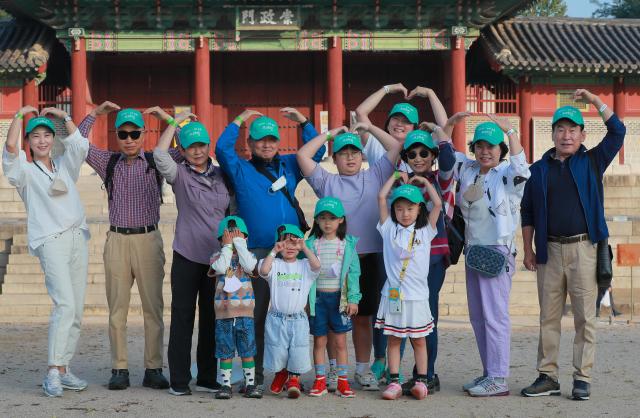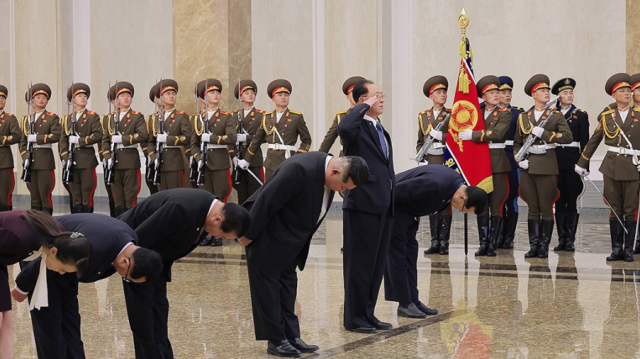
SEOUL -- Only about 30 percent of South Korean teenagers believe that marriage is necessary, according to data released by a state-operated youth policy institute. The perception of marriage among teenagers has shifted over the past decade in a country where the fertility rate has plummeted from 1.24 in 2015 to 0.7 in 2023.
South Korea is rapidly aging and is expected to face rapid depopulation in 2025 when the fertility rate drops to 0.65. While the country's administrative bodies and private sectors have been discussing factors discouraging marriage and childbirth for over two decades, they have encountered a complex array of social and administrative issues.
The Organisation for Economic Co-operation and Development (OECD) analyzed in 2023 that one of the key factors hindering young South Koreans from marrying and forming families is excessive work hours, leaving them with little spare time. The working environment of parents affects their children, who witness the challenges of parenthood during their teenage years.
Another key factor contributing to South Korea's low fertility rate, as pointed out by the OECD, is the employment status of women with children. The employment rate for women in their mid-30s to mid-40s drops sharply to around 60 percent, representing a significant gap of approximately 30 percentage points compared to men of the same age group.
A 2023 survey conducted by the National Youth Policy Institute, involving 7,718 elementary, middle, and high school students, revealed that only 29.5 percent of teenagers consider marriage a necessary aspect of life, compared to 73.2 percent in 2012.
Teenagers' perceptions of childbirth have also shifted over the past decade. Only 19 percent believe that married couples must have children, while 60.6 percent feel that it is acceptable for unmarried couples to have children. While it was out of the ordinary for unmarried couples to live together in the early 2000s, 81.3 percent stated that unmarried couples can live together, and 91.4 percent see no issue with marrying a foreign partner. Additionally, 52 percent support the legalization of same-sex marriage.
Researchers at the National Youth Policy Institute analyzed that teenagers no longer adhere to traditional views of family, suggesting that the South Korean government's policies on family and fertility need to be re-evaluated at a fundamental level. The institute emphasized the need for universal family policies to provide equal support to all families.
Copyright ⓒ Aju Press All rights reserved.





View more comments